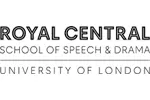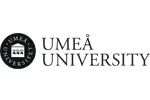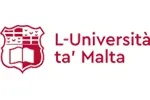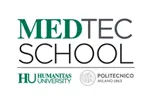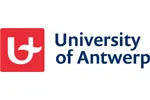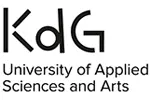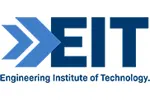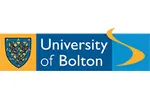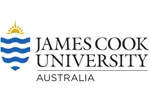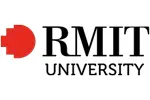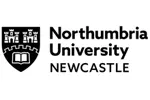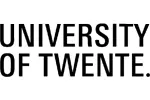
Electronics and Information Technology, MSc, PG Dip, Postgraduate Certificate, Sheffield Hallam University
the United Kingdom
Sheffield Hallam UniversityStudy options for this course
| The award | How you will study | Study duration | Course start | Domestic course fees | International course fees |
|---|---|---|---|---|---|
| MSc, PG Dip, Postgraduate Certificate | Full-time | - | - | - | - |
| MSc | Part-time | - | - | - | - |
| PG Dip | Part-time | - | - | - | - |
| Postgraduate Certificate | Part-time | - | - | - | - |
About Electronics and Information Technology, MSc, PG Dip, Postgraduate Certificate - at Sheffield Hallam University
Entry requirements for this course
Contact Sheffield Hallam University to find course entry requirements.
Courses you may be interested in at other institutions
Below are some suggested courses at other providers that you may also be interested in:
Advanced Bachelor of Bioinformatics at home Advanced Diploma, Bachelor Degree
Howest University of Applied Sciences
Find out morePostgraduate pathways and pre-masters at other institutions
If you do not meet the entry requirements for this course then consider one of these postgraduate preparation courses from another institution:
Graduate Diploma of Engineering (Safety, Risk and Reliability)
Engineering Institute of Technology
Find out moreGraduate Diploma in Law/Common Professional Examination GDL/CPE
Northumbria University Newcastle
Find out moreOther courses at Sheffield Hallam University
There are 475 other courses listed from Sheffield Hallam University. A selection of these are displayed below:
ACCA Association of Chartered Certified Accountants Fundamental and Professional Levels MSc
Sheffield Hallam University
Find out moreStay Ahead with the Latest Study Abroad Updates!
Join the 小瓢虫传媒 email list and never miss a chance to turn your study abroad dreams into reality!
- Discover exciting opportunities from top universities worldwide
- Get expert insights and higher education news to guide your choices
- Receive exclusive tips, advice, and resources to make your journey smoother

Related Information
See other universities in Sheffield
Find out more about studying in the United Kingdom


